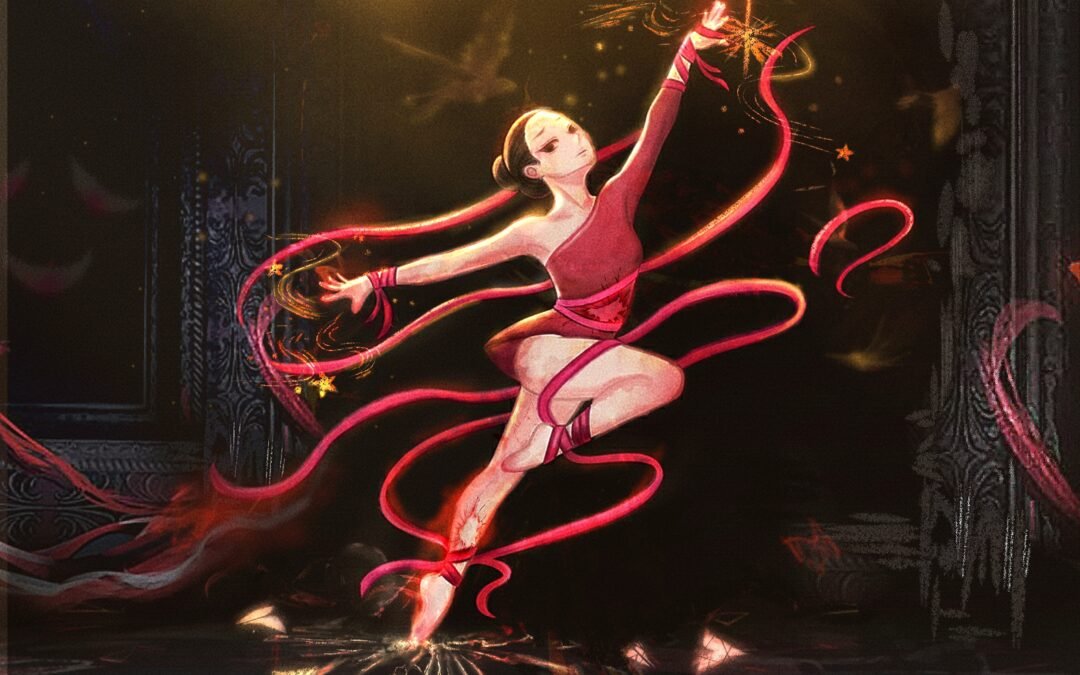You’re really walking on thin ice when you try to be funny using dark jokes because it truly depends on the audience and the context for it to work out. It is a risk to take since its outcome could either be a funny yet dark joke or a straight-out insensitive and offensive statement.
Who knew that professors, the people we gain and gather knowledge within the university could take concerning and disturbing issues such as suicide and rape into jokes as an example of academic topics. Jokes that a professor would say to cause laughter and amusement by taking such a heavy topic to a lighter shade. Which surprisingly has been passed down from one class to another and one batch to another.
When the word ‘rape’ is utilized in a context, notion, action, or simply by using the word rape in a humorous scenario it is called a rape joke. Such usage diminishes the gravity of rape and the anguish experienced by survivors. This is why rape is such a sensitive topic as it could illicit trauma.
Yet this professor during the discussion says that it should be taken as positive and that the class should always understand their side.
Let’s start from the beginning, there was this professor who told the class a joke about how DNA is useful in solving crimes, however instead of using the perspective of a police officer the professor used the perspective of the perpetrator on how to escape rape and told tips on how to escape such crime as a joke.
The whole time, the class fell silent and emotionless, with bits of annoyance. The professor expected laughter and smiles across the screen, yet no one did. Not even one smiled, and a few turned their cameras off out of anger, yet the professor continued boasting that in almost every class that she shared her joke with, they would die in laughter and joke about it as well, but this certain class never did as it was inhumane and insensitive.
Honestly, there are more options, better examples, and funnier jokes to use yet the professor chooses a joke on “tips on how to escape rape” not knowing how dangerous it is to explicitly joke about rape, especially to the male audience.
Prior research suggests that exposure to sexist comedy encourages men with high levels of hostile sexism to discriminate against women and they feel less shame for doing so (Ford, Boxer, Armstrong, & Edel, 2008). It was therefore predicted that sexist and rape jokes would promote the acceptability of rape myths and sexist conduct.
There are links between the perception of rape or sexist jokes as amusing and feelings of distancing from women.
In one study, the fewer men and women associate with women groups the more they are pleased by sexist or rape jokes and have greater psychological distance from them. (Kochersberger, Ford, Woodzicka, Romero-Sanchez, & Carretero-Dios, 2014).
Moreover, experimental studies reveal that when men observe their male peers acting in sexually harassing or sexist ways toward women, they are more inclined to make sexual jokes to an unfamiliar woman (Angelone, Hirschman, Suniga, Armey, & Armelie, 2005).
In addition, exposure to sexist humor, especially jokes connected to sexual assault (rape jokes), might enhance men’s acceptance of rape and victim-blaming, as well as their ‘rape predisposition,’ or self-reported readiness to rape a woman, and their actual hostility against women.
Several experimental investigations illustrate the effects of sexist and rape jokes on men. Exposure to sexist humor, particularly sexual assault-related humor, can enhance men’s hostility and discrimination against women (Thomas E. Ford et al., 2008; Viki, Thomae, Cullen, & Fernandez, 2007). The issue is not with jokes on their own.
Jokes and humor can be effective weapons against sexism and gender inequality. They can be used to either sustain or undermine rape culture (Strain, Martens, & Saucier, 2016).
In fact, Anti-sexist humor can inspire collective action for gender equality. Exposure to subversive humor against sexism enhanced men’s and women’s propensity to take action to combat gender inequality, according to an experiment (Riquelme, Carretero-Dios, Megas, and Romero-Sánchez, 2020).
While it is true that in recent years people have made conscious efforts to be mindful of their examples and jokes, the vast majority continue to exploit rape jokes for shock value, sometimes under the guise of dark humor.
It is important to note that jokes have real-world impacts, though humor and laughter are the best medicine, some jokes are not okay and will never be okay.





